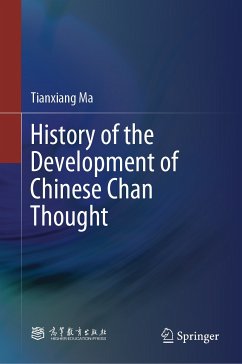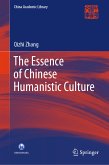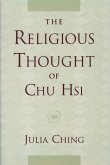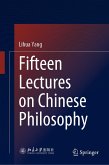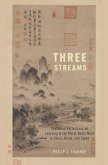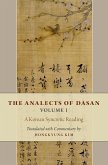The book aims to describe the history of Chan (Japanese Zen) School thought from the standpoint of social history. Chan, a school of East Asian Buddhism, was influential on all levels of societies in the region because of its intellectual and aesthetic appeal. In China, Chan infiltrated all levels of society, mainly because it engaged with society and formed the mainstream of Buddhism from the tenth or eleventh centuries through to the twentieth century. This book, taking a critical stance, examines the entire history of Chan thought and practice from the viewpoint of a modern Chinese scholar, not a practitioner, but an intellectual historian who places ideological developments in social contexts.
The author suggests that core elements of Chan have their origins in Daoist philosophers, especially Zhuangzi, and not in Indian Buddhist concepts. Covering the period from the sixth century into the twentieth century, it deals with Chan interactions with neo-Confucianism, Quanzhen Daoism, and Gongyang new text philology, as well as with literature and scholarship, its fusion with Pure Land Buddhism, and its syncretic tendencies. Chan's exchanges with emperors from the Song, Yuan, Ming, and Qing Dynasty, as well as the motives of some loyalists of the Ming Dynasty for joining Chan after the fall of the Ming, are described. The book concludes with an examination of the views of Chan of Hu Shi, D.T. Suzuki, and the scholar-monk Yinshun.
Dieser Download kann aus rechtlichen Gründen nur mit Rechnungsadresse in A, B, BG, CY, CZ, D, DK, EW, E, FIN, F, GR, HR, H, IRL, I, LT, L, LR, M, NL, PL, P, R, S, SLO, SK ausgeliefert werden.

